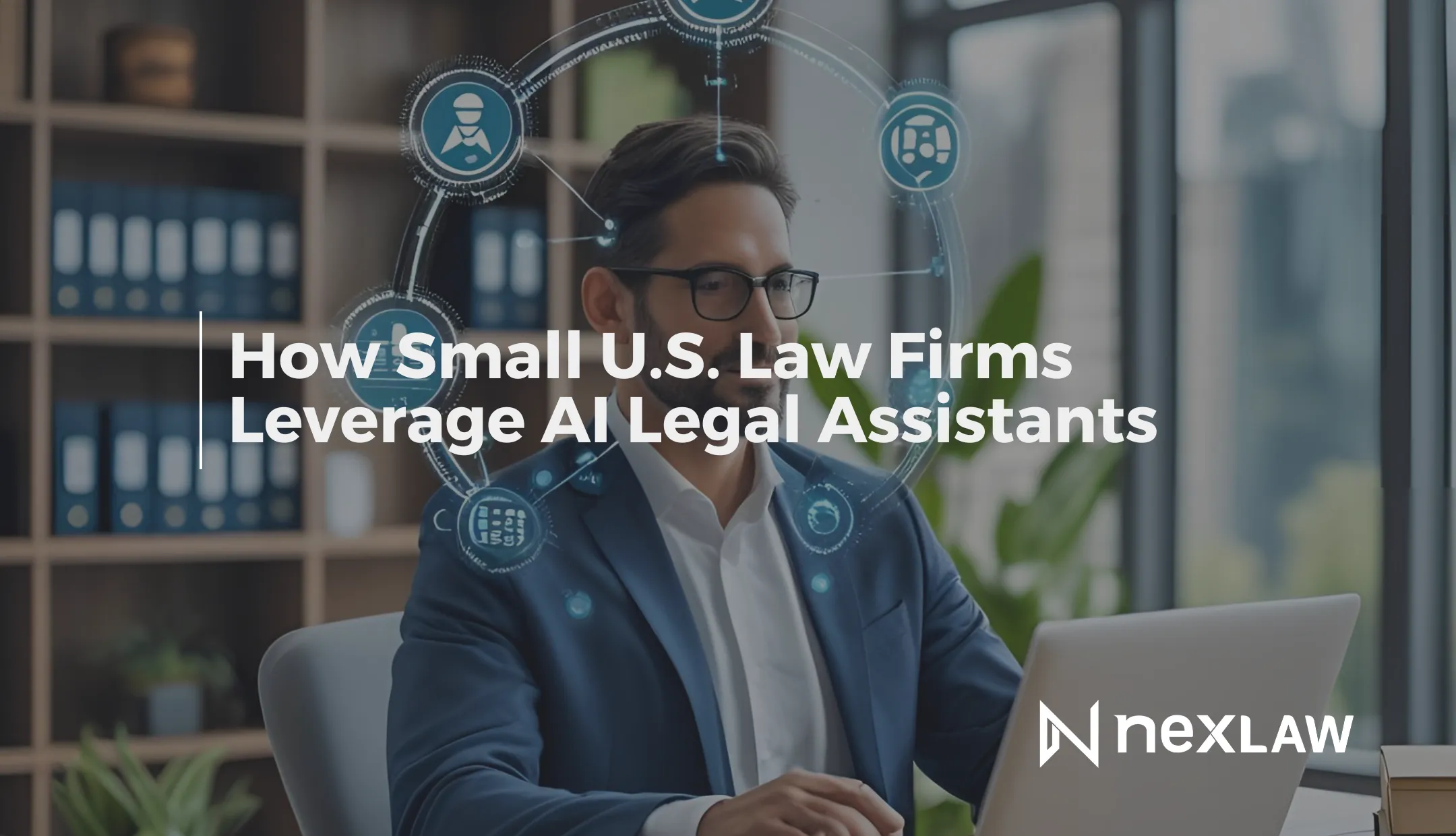LegalTech AI: The Tools Every Modern Litigator Must Know
In 2025, legal technology is no longer a futuristic concept, it’s a daily reality in U.S. courtrooms and law firms. Artificial intelligence (AI) is helping litigators work more efficiently, reduce risk, and strengthen their case strategies. From document review to predictive analytics, AI-powered tools are reshaping how attorneys prepare and present cases.
Unlock Legal Insights Instantly!
Key AI Tools Every Litigator Needs
Automated Document Review & Summarization
Discovery often involves thousands of pages of documents. AI litigation tools help attorneys quickly identify key information and create concise, court-ready summaries. This not only reduces the chance of human oversight but also ensures critical evidence is organized and accessible.
Predictive Case Analytics
AI-driven analytics allow litigators to spot patterns in judicial decisions and opposing counsel strategies. These insights can give attorneys a clearer picture of possible outcomes, helping them craft stronger arguments and prepare more effectively.
AI-Powered Legal Drafting
Drafting motions, briefs, and other documents has traditionally been time-consuming. With AI, attorneys can generate structured first drafts quickly, then refine them with their legal expertise. The result: more time to focus on client strategy and courtroom advocacy.
Risk & Compliance Monitoring
Courts and bar associations have emphasized the risks of relying blindly on AI-generated content. Modern platforms include safeguards that help attorneys ensure citations, authorities, and filings are accurate before submission, protecting both clients and legal teams from compliance issues.
Real-World Impact on Litigation Teams
When used effectively, AI tools help litigation teams:
- Save valuable time on repetitive tasks
- Increase accuracy in research and document review
- Strengthen case strategies with data-driven insights
- Expand capacity without necessarily increasing staff
Rather than replacing litigators, AI supports them, enabling smarter preparation, faster workflows, and more reliable outcomes.
Best Practices for Using AI in Litigation
Verify AI Outputs
Always cross-check citations, references, and case law before submitting documents. AI is powerful but still requires human oversight.
Maintain Ethical Oversight
The American Bar Association advises attorneys to remain competent with technology (Model Rule 1.1, Comment [8]). AI should enhance - not replace - professional judgment.
Protect Client Data
Ensure any AI tools you use comply with U.S. data privacy standards, with strong encryption and clear audit trails.
The Future of Litigation with AI
Looking ahead, AI-integrated workflows are poised to become standard practice. Predictive analytics, secure data management, and real-time strategy tools will continue to reshape how litigators operate. For attorneys who want to remain competitive, adopting AI isn’t just an option - it’s becoming essential.
Take the Next Step with NexLaw AI
Ready to see how AI can transform your litigation practice?
Start your free 3-day trial of NexLaw AI — explore the platform in your daily workflow.
Book a guided demo — let our team walk you through the tools and show how NexLaw AI can enhance your litigation strategies.
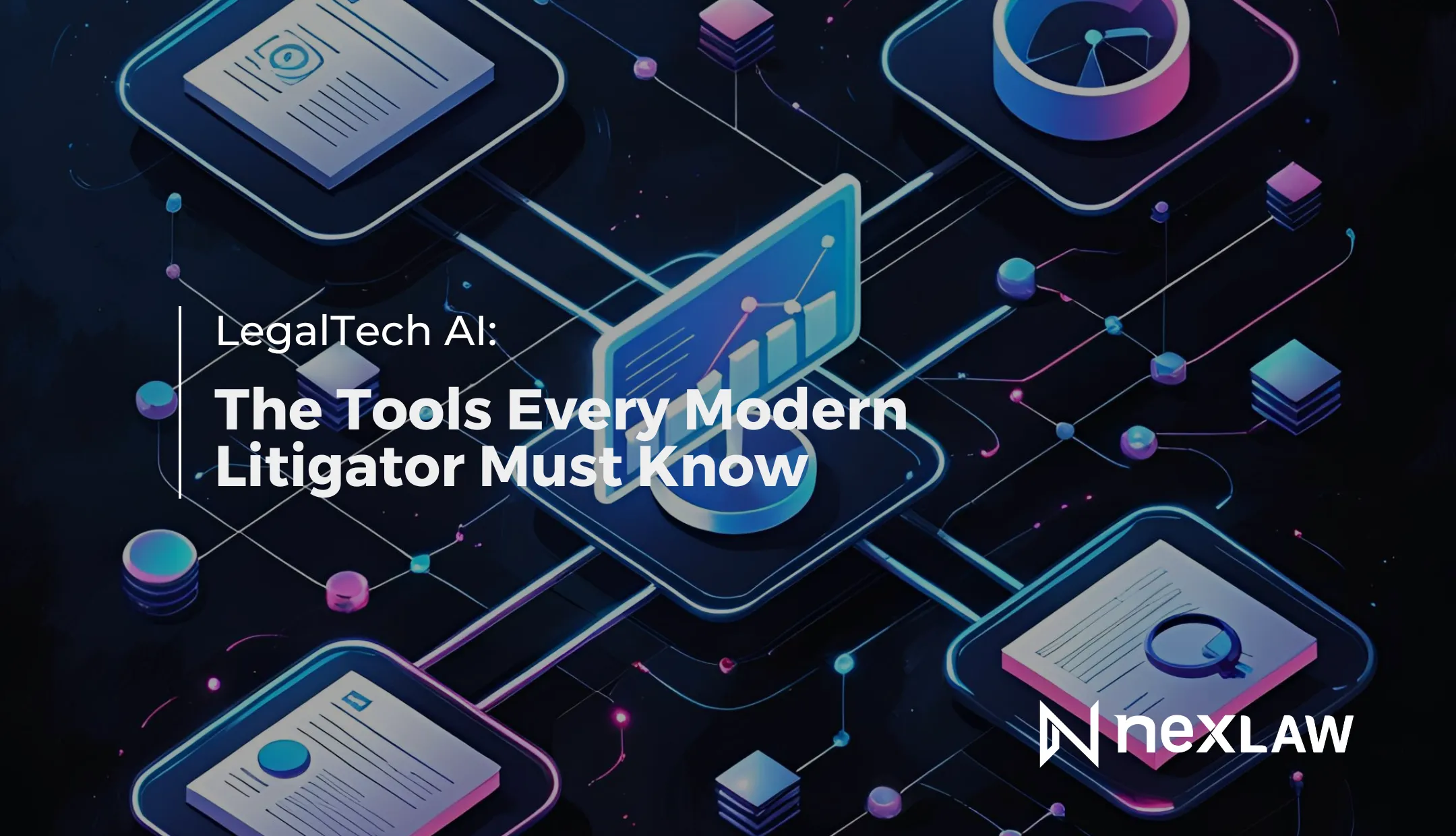
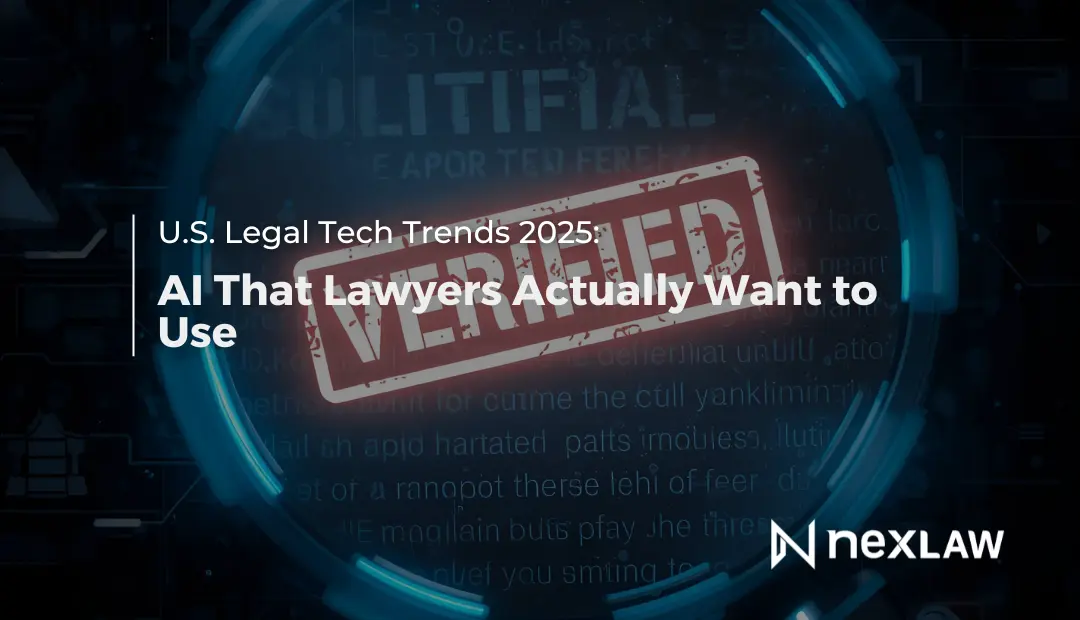
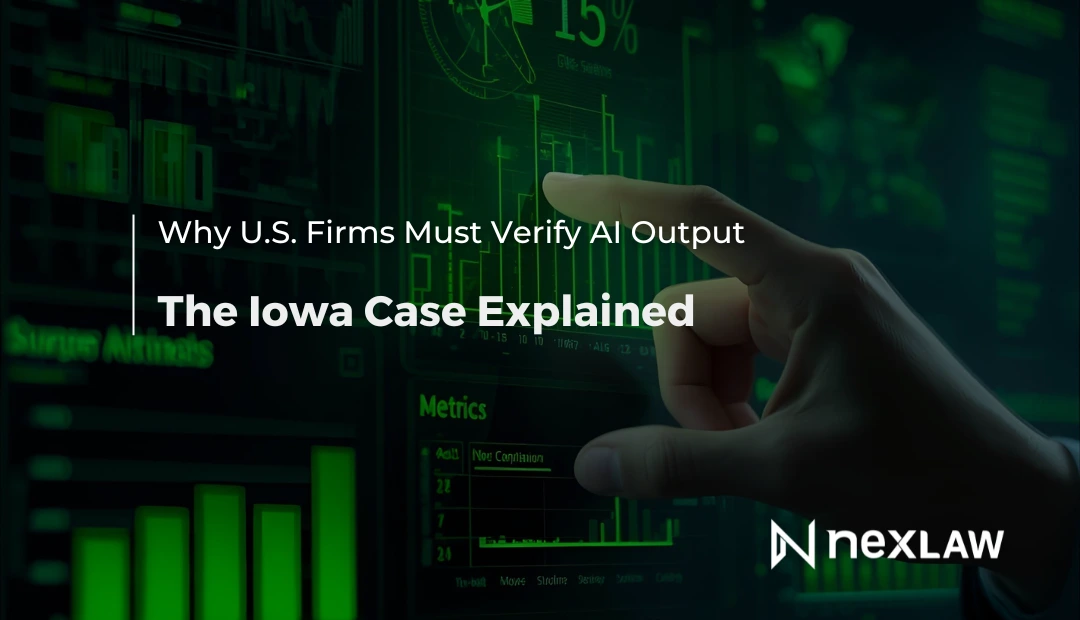
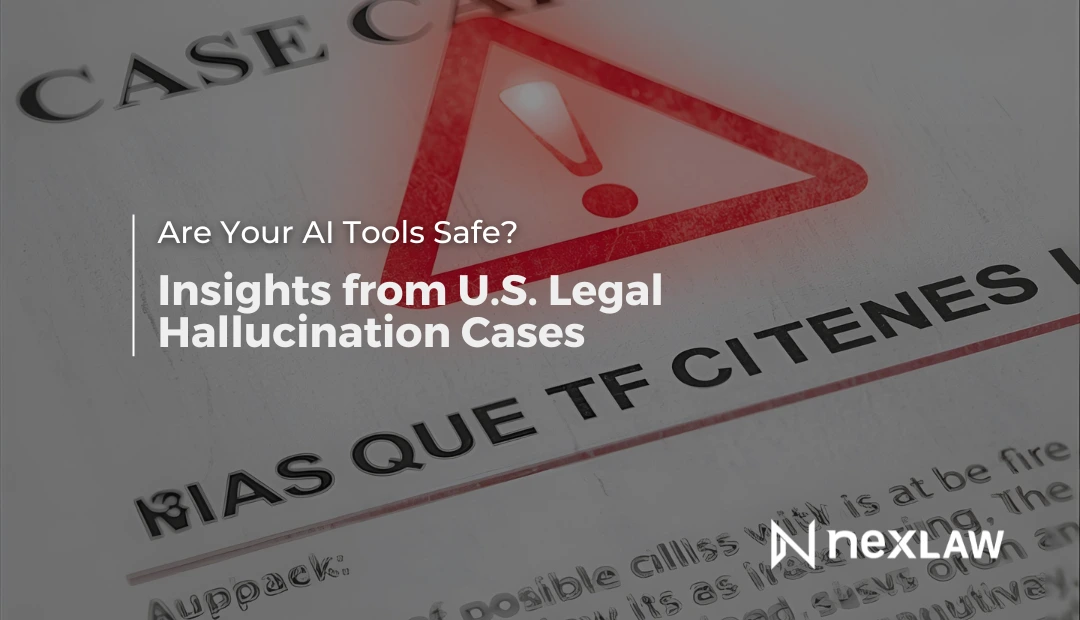
.webp)
